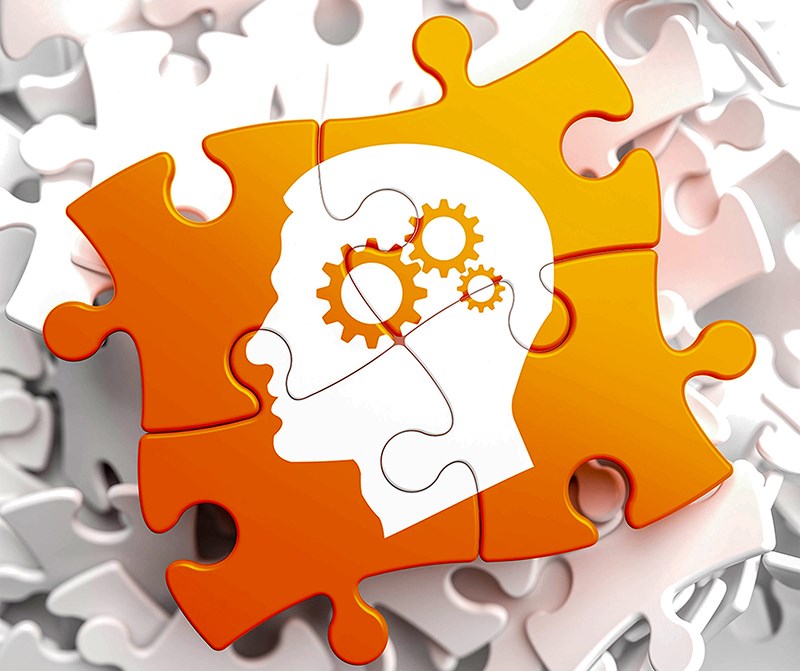
Matt Barnes
Mental health — two words even our grandparents are putting together these days without implying we should just ‘suck it up’ and ‘be strong.’
The movement to accept mental health awareness has picked up so much momentum that even outdated beliefs of yesteryear can’t slow it down now.
From Bell’s ‘Let’s Talk Day’ to Mental Health Awareness Month to World Mental Health Day, we’re finally recognizing mental health as an important part of overall wellness. As a result, we are hearing how many people are struggling and in pain.
Mental health has it’s own first aid course, an accepted place in our local schools, arenas, religious spaces, and pop culture.
Many organizations including Sarnia’s police and fire departments are confronting the issue and encouraging their members to reach out for help. ‘End the Stigma’ is a common tagline and comes accompanied by the reassurance we’re not alone.
As a mental health professional, I have seen first-hand the progress made over the past decade. But I believe it’s time for the Mental Health Awareness movement to evolve even further. ‘Ending the stigma’ and ‘raising awareness’ have hit a wall, with people asking, “Now what?”
Now that we’ve come to grips with the fact mental health is vital, what do we do when help is needed? Do we call a crisis line? See a therapist? Go on medication? Write an ‘Ask Abby’ letter?
Are the only options in the hands of mental health professionals? Is it possible to just ‘suck it up’ and ‘be strong?’
I propose we start giving people a greater sense of ownership and control over their own mental health, by teaching them there are interventions and treatment options available.
“Evidence-Based Interventions and Treatment Options” is not a term with a fancy ring to it, but it is worth our time and attention. The premise is simple — that we promote the helpful things people can do when faced with the reality that their own mental health needs some attending to.
What’s required is public education and awareness about how people can get better, with and without professional help. We need to talk more about how mental wellness can be improved through nutrition and sleep, and by exercising and getting out to enjoy nature.
We need to talk about the benefits of mindfulness, meditation, positive self-talk, work-life balance, and healthy social relationships.
We should focus on specific therapies and techniques, as well as resources and activities to improve wellness and decrease suffering. Let’s preach about the successes of proper intervention and treatment options. By doing these things, we can foster hope, confidence and action.
If you’re an advocate for mental health awareness in any way, please join me in taking that next step toward achieving a healthier, happier and more empowered society.
Matt Barnes is a Clinical Social Worker and psychotherapist at Southwest Counselling Services in Sarnia.
